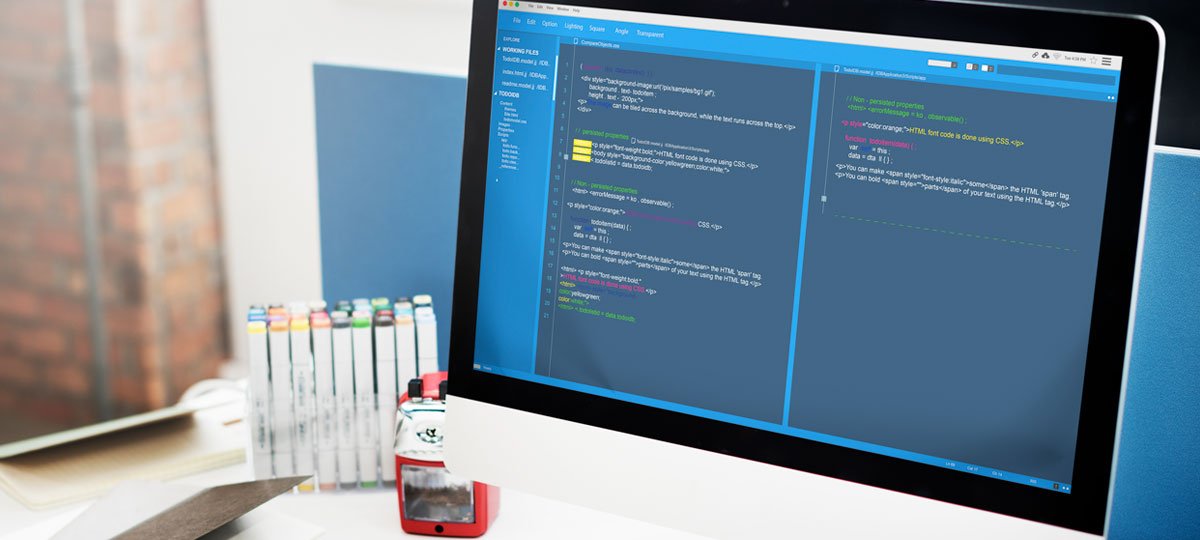The advantages of dynamic web pages are becoming more widely known to the public, this way making the selection of static web pages to slowly weaken. A dynamic website offers a unique design and a plethora of management capabilities even by inexperienced users.

Static website
A website is designated as static by the fact that it consists of static content, although its graphical environment may present motion. Each static page is developed individually and the designer creates links between the pages creating this way a unified website.
Advantages of static websites
- Economical hosting and development due to the small size of the website
- Fast operating speed of the website
- Ability of different content appearance in each page
Disadvantages of static websites
- Ability to manage the website and update the content only by developers
- Gradual fall in the ranking lists of search engines due to the non-renewal of the content
Dynamic website
A dynamic website is much more complicated in the construction than a simple static website, as its content is retrieved from databases and they are managed through an environment called CMS, that is via a content management system.
In this system, the content entry is handled by a manager without the requirement of having a programming expertise. Dynamic web design brands usually create a user-friendly management system and thereby the individual manager can learn to manage it in a very short time.
Advantages of dynamic websites
- Unlimited content storage
- Simplicity in management and accessing the management system from any computer in the world with internet connection
Disadvantages of dynamic websites
- Increased cost for website hosting
- Increased cost for the development of the website
Let’s talk about your project!
Let’s collaborate to find the right answers & bring progress to your business.
TALK TO US






 30 Oct 2013
30 Oct 2013